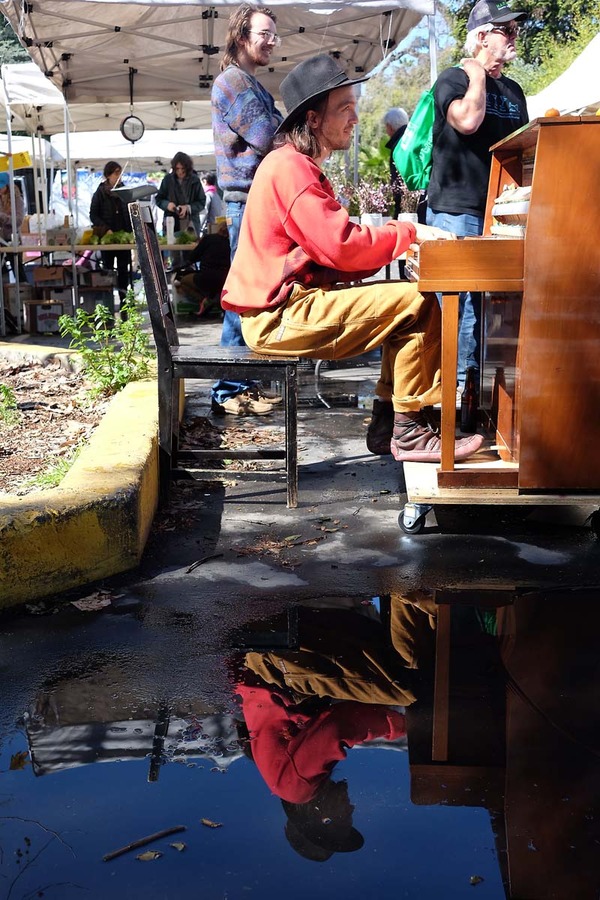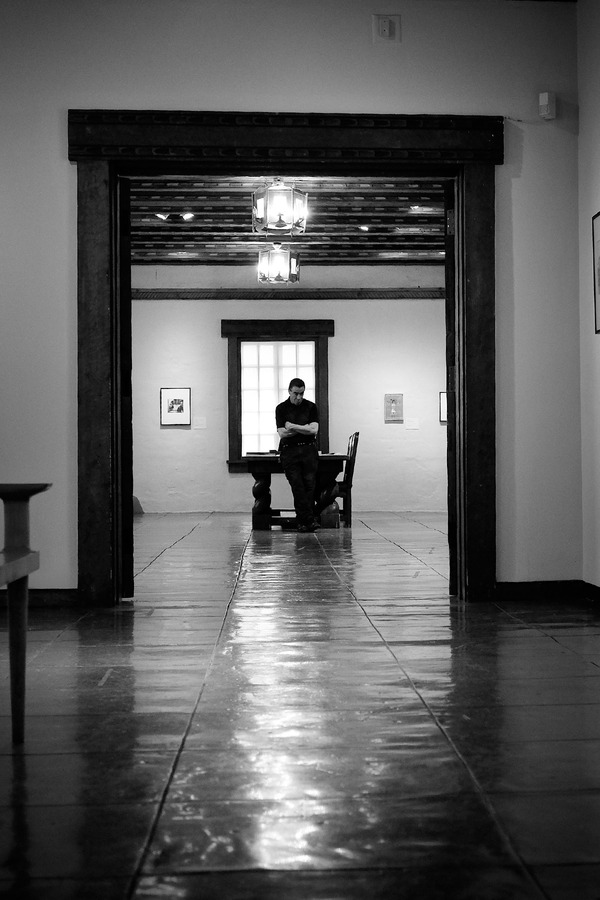As many of you know, I am currently on sabbatical until April 1. However, because of the urgency of the crisis around religious freedom, I temporarily stepped out of sabbatical and joined with the other faith leaders in Rhode Island to sign this letter. Here is the link to the announcement by my colleague Bishop Nicholas Knisely of the Episcopal Church in Rhode Island. Below is the content of the letter, which can also be found here.
I also urge you to contact your Congressional Leaders by calling 1-866-940-2439
Dear President Trump and Members of Congress,
As religious leaders from a variety of backgrounds, we are called by our sacred texts and faith traditions to love our neighbor, accompany the vulnerable, and welcome the sojourner. War, conflict and persecution have forced people to leave their homes, creating more refugees, asylum seekers and internally displaced people than at any other time in history. More than 65 million people are currently displaced – the largest number in recorded history.
This nation has an urgent moral responsibility to receive refugees and asylum seekers who are in dire need of safety. Today, with more than five million Syrian refugees fleeing violence and persecution and hundreds of thousands of civilian casualties, the United States has an ethical obligation as a world leader to reduce this suffering and generously welcome Syrian refugees into our country. We call on the Trump Administration and all members of the U.S. Congress to demonstrate moral leadership and affirm their support for the resettlement of refugees from all over the world to the United States. This nation has a rich history as a leader in refugee resettlement, with significant precedent, including after World War II and after the fall of Saigon, when we resettled hundreds of thousands of refugees.
It is important to recognize that the United States has the most rigorous refugee screening process in the world, involving the Department of Defense, Department of State, Department of Homeland Security, Federal Bureau of Investigation, and National Counter Terrorism Center. The process includes biometric checks, medical screenings, forensic testing of documents, DNA testing for family reunification cases, and in-person interviews with highly trained homeland security officials.
The U.S. Refugee Resettlement program has been and should remain open to those of all nationalities and religions who face persecution on account of the reasons enumerated under U.S. law. We oppose any policy change that would prevent refugees from Syria, Iraq, Iran, Libya, Somalia, Sudan, and Yemen, or individuals who practice Islam and other faiths from accessing the U.S. refugee resettlement program. Proposals that would have the U.S. State Department disqualify refugees from protection based on their nationality or religion fly in the face of the very principles this nation was built upon, contradict the legacy of leadership our country has historically demonstrated, and dishonor our shared humanity.
As the United States joins the world in seeking ways to meaningfully respond to the global refugee crisis, it is paramount that the U.S. Refugee Admissions Program stay true to its mandate to resettle the most vulnerable. Vulnerable individuals from a host of religions, ethnicities and backgrounds have been and should continue to be resettled in the United States.
Together, representing our various faiths, we decry derogatory language that has been used about Middle Eastern refugees and our Muslim friends and neighbors. Inflammatory rhetoric has no place in our response to this humanitarian crisis. We ask our elected officials and candidates for office to recognize that new Americans of all faiths and backgrounds contribute to our economy, our community, and our congregations. Refugees are an asset to this country. They are powerful ambassadors of the American Dream and our nation’s founding principles of equal opportunity, religious freedom, and liberty and justice for all.
As people of faith, our values call us to welcome the stranger, love our neighbor, and stand with the vulnerable, regardless of their religion. We pray that in your discernment, compassion for the plight of refugees will touch your hearts. We urge you to be bold in choosing moral, just policies that provide refuge for vulnerable individuals seeking protection.
Sincerely,



















